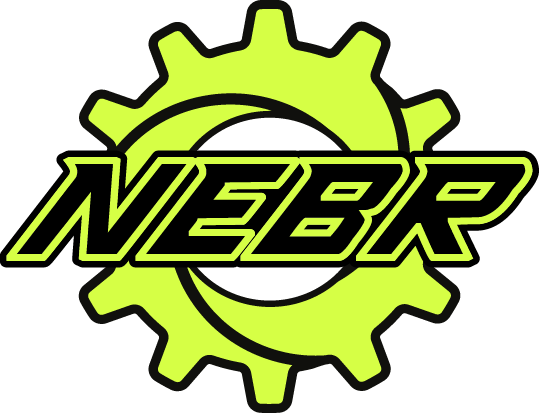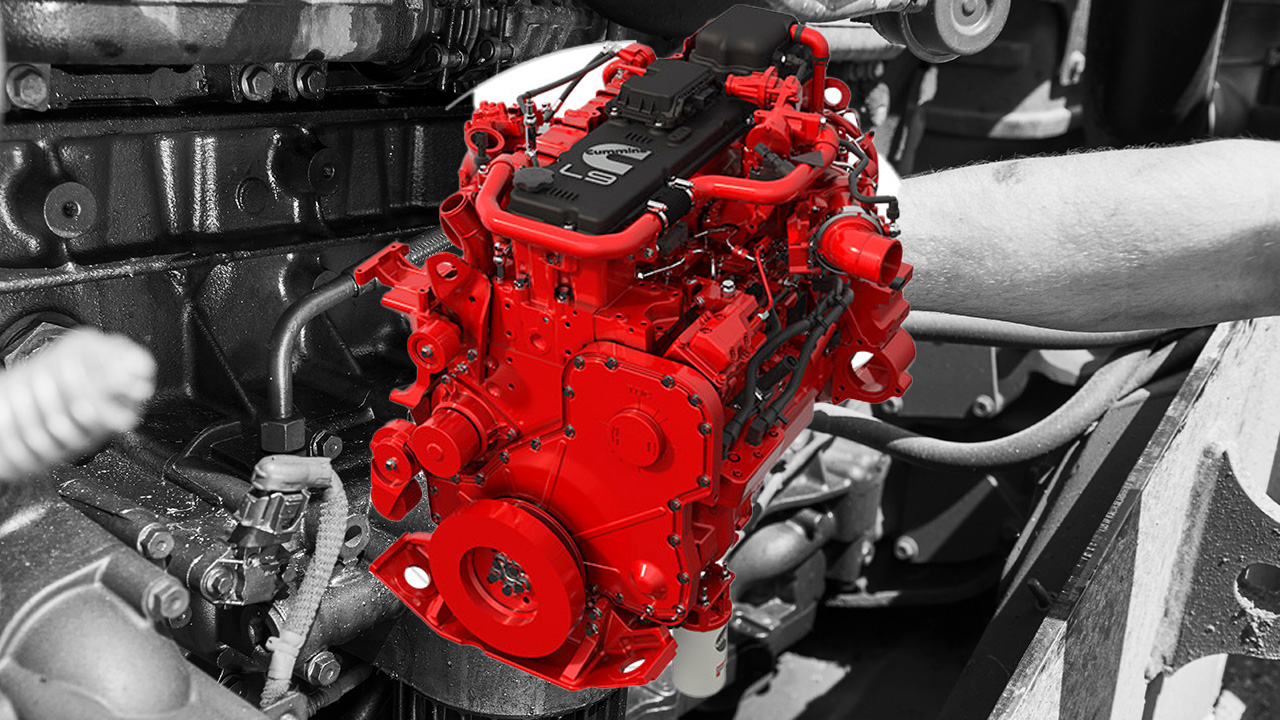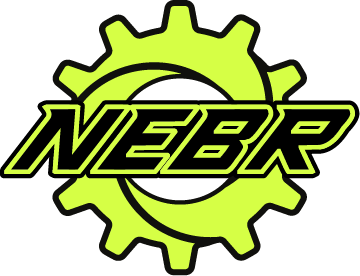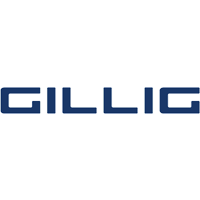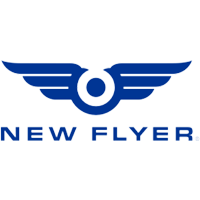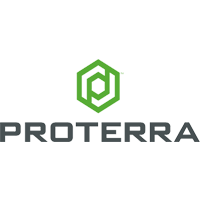Diesel engines are well known for their efficiency and durability, making them the backbone of commercial fleets worldwide. However, like any machinery, their performance and longevity rely on proper and timely diesel engine repair. Whether you’re managing a single vehicle or an entire fleet, understanding these diesel engine repair tips can save you thousands in unexpected breakdowns and extend your engine’s lifespan significantly.
In this comprehensive guide, we’re sharing proven diesel engine repair tips and maintenance strategies that our experts at Northeastern Bus Rebuilders have refined over decades of fleet service. These tips will help keep your engines running smoothly and your operations profitable.
Why Diesel Engine Repair Tips Matter for Fleet Operations
Before diving into specific diesel engine repair tips, it’s crucial to understand why proactive maintenance matters. Fleet managers who implement regular diesel engine repair strategies report:
- 40-60% reduction in unexpected breakdowns
- 25-30% longer engine life compared to reactive maintenance
- 15-20% better fuel efficiency through proper maintenance
- Significant cost savings on major repairs and replacements
The key is shifting from reactive repairs to proactive maintenance using these expert diesel engine repair tips.
7 Essential Diesel Engine Repair Tips
Tip #1: Keep the Engine Bay Clean
Regularly cleaning your diesel engine involves removing dirt, debris, and grease from the engine bay to reduce overheating and the risk of corrosion. It can be done using a degreaser or engine cleaner to scrub away the grime.
Why this diesel engine repair tip works:
- Clean engines run cooler and more efficiently
- Easier to spot leaks, cracks, or worn components during inspections
- Prevents corrosive buildup that can damage expensive components
- Improves resale value of your fleet vehicles
Best practices:
- Clean engine bays monthly or after every 3,000 miles
- Use biodegradable degreasers to protect the environment
- Allow engines to cool completely before cleaning
- Cover electrical components during cleaning process
Tip #2: Clean and Replace Filters Regularly
You need to clean your air, fuel, and oil filters as given in the owner’s manual. They can get clogged or dirty very quickly as they filter out dust, dirt, and other contaminants to keep the engine clean and efficient.
It’s also a good idea to regularly replace these filters with new ones to maintain quality. However, you’ll have to rely on a professional to understand the specific replacement intervals, as it can vary depending on the mileage, external environment, and driving conditions.
Filter maintenance schedule:
- Air filters: Every 12,000-15,000 miles (more frequently in dusty conditions)
- Fuel filters: Every 10,000-15,000 miles
- Oil filters: With every oil change (typically 5,000-7,500 miles)
Signs your filters need attention:
- Reduced engine power or acceleration
- Black smoke from exhaust
- Decreased fuel economy
- Engine running rough or misfiring
Tip #3: Get Regular Oil Analysis
Getting regular oil analysis, including testing the lubricant oils for contamination, chemical content, and viscosity, will provide insights into the health of your diesel engine. This is also another way to detect any potential problems in the beginning and prevent costly damages in the future.
What oil analysis reveals:
- Metal particles: Indicate internal wear on engine components
- Coolant contamination: Suggests head gasket or cooling system issues
- Fuel dilution: Points to injector problems or incomplete combustion
- Viscosity breakdown: Shows when oil change intervals should be adjusted
Oil analysis frequency:
- New engines: Every oil change for first 50,000 miles
- Established engines: Every 2-3 oil changes
- High-mileage engines: Every oil change
Tip #4: Schedule Regular Professional Maintenance
Regular maintenance from our trusted professional bus repair services is important for diesel engine repair as it can help prolong the life of your engine. This step covers various essential tasks such as oil and filter changes, fuel system inspections, battery inspections, and overall system checks.
Comprehensive maintenance checklist:
- Engine diagnostics using computerized scan tools
- Compression testing to assess cylinder health
- Turbocharger inspection and cleaning
- EGR system cleaning and testing
- DEF system maintenance (for newer engines)
- Belt and hose inspection for cracks or wear
- Electrical system testing including alternator and starter
Maintenance intervals by mileage:
- Every 5,000 miles: Oil change, basic inspection
- Every 15,000 miles: Comprehensive service, filter replacements
- Every 30,000 miles: Major service including fuel system cleaning
- Every 100,000 miles: Major overhaul assessment
Tip #5: Monitor Fluid Levels Closely
While checking fluid levels is a part of routine maintenance, drivers should be aware of checking them more frequently, especially in demanding conditions or during long journeys. This includes monitoring all the essential fluids such as coolant, oil, transmission fluid, brake fluid, and hydraulic fluid.
Critical fluids to monitor:
- Engine oil: Check weekly, especially before long trips
- Coolant: Monitor levels and color (should be clear, not rusty)
- Transmission fluid: Check monthly when engine is warm
- Brake fluid: Inspect for proper level and contamination
- Power steering fluid: Ensure adequate levels for safe operation
- DEF (Diesel Exhaust Fluid): Critical for emissions compliance
Warning signs to watch for:
- Rapid fluid loss indicates leaks requiring immediate attention
- Discolored fluids suggest contamination or overheating
- Low levels can cause catastrophic engine damage
Tip #6: Check the Radiator and Cooling System
Inspect your radiator for leaks, corrosion, or dirt buildup. These problems can affect your engine’s performance and lead to overheating. If you notice any abnormalities, get it tested by a professional mechanic.
Expanded cooling system maintenance:
- Radiator cleaning: Remove debris and insects from fins monthly
- Coolant testing: Check pH levels and freeze protection annually
- Hose inspection: Look for bulges, cracks, or soft spots
- Water pump assessment: Listen for unusual noises or vibrations
- Thermostat testing: Ensure proper opening temperature
- Pressure testing: Annual system pressure tests prevent failures
Common cooling system problems:
- Clogged radiator cores reducing heat transfer efficiency
- Worn water pumps causing circulation problems
- Failed thermostats causing overheating or overcooling
- Corroded components from improper coolant maintenance
Tip #7: Warm Up & Cool Down the Engine Properly
Always let your diesel engine warm up before the drive, especially in cold weather. This will allow the oil to move around and lubricate the engine properly. Similarly, after the journey, make sure you’re giving the engine a few minutes to cool down before shutting it off. This will increase the life of various critical components of your diesel engine.
Proper warm-up procedure:
- Cold weather: 3-5 minutes of idle time
- Moderate weather: 1-2 minutes of idle time
- Avoid excessive idling: Wastes fuel and can cause carbon buildup
- Gradual load application: Don’t immediately operate at full capacity
Cool-down best practices:
- After highway driving: 2-3 minutes of idle time
- After heavy loads: 3-5 minutes to allow turbocharger cooling
- Monitor gauges: Ensure temperatures are in normal range
- Listen for unusual sounds: Address any concerning noises immediately
Advanced Diesel Engine Repair Tips for Fleet Managers
Fuel System Maintenance
- Use quality diesel fuel and additives to prevent contamination
- Drain water separators regularly to prevent fuel system damage
- Consider fuel polishing for stored fuel to maintain quality
Emissions System Care
- Understand your DPF (Diesel Particulate Filter) regeneration cycles
- Use proper grade engine oil to prevent emissions system damage
- Address check engine lights immediately to prevent costly repairs
Documentation and Record Keeping
- Maintain detailed maintenance logs for each vehicle
- Track fuel economy trends to identify developing problems
- Use fleet management software to schedule preventive maintenance
When to Call Professional Diesel Engine Repair Services
While these diesel engine repair tips help with preventive maintenance, certain situations require our expert bus repair services and professional expertise:
- Engine diagnostic codes that persist after basic troubleshooting
- Major component failures like turbochargers or injection systems
- Emissions system problems requiring specialized equipment
- Performance issues that don’t respond to routine maintenance
Cost-Benefit Analysis of Following These Diesel Engine Repair Tips
Implementing these diesel engine repair tips provides measurable returns:
- Investment: $200-400 per month per vehicle in preventive maintenance
- Savings: $2,000-5,000 per year per vehicle in avoided major repairs
- Additional benefits: Improved fuel economy, reduced downtime, extended vehicle life
Conclusion: Implement These Diesel Engine Repair Tips Today
From getting an oil analysis to cleaning filters and monitoring fluid levels, all the expert diesel engine repair tips we discussed in this article will help you prolong the life of your engine and maintain fleet efficiency. The key to successful diesel engine maintenance is consistency and attention to detail.
Just make sure that you prioritize maintenance from a reputable company with proven expertise in diesel engine repair through our comprehensive fleet services. Professional technicians through our preventive maintenance programs can identify potential problems before they become costly failures and ensure your maintenance program delivers maximum value.
Ready to implement these diesel engine repair tips for your fleet? You can get started by signing up for a consultation with Northeastern Bus Rebuilders to ensure your diesel engines stay in top condition and your fleet operations remain profitable!
